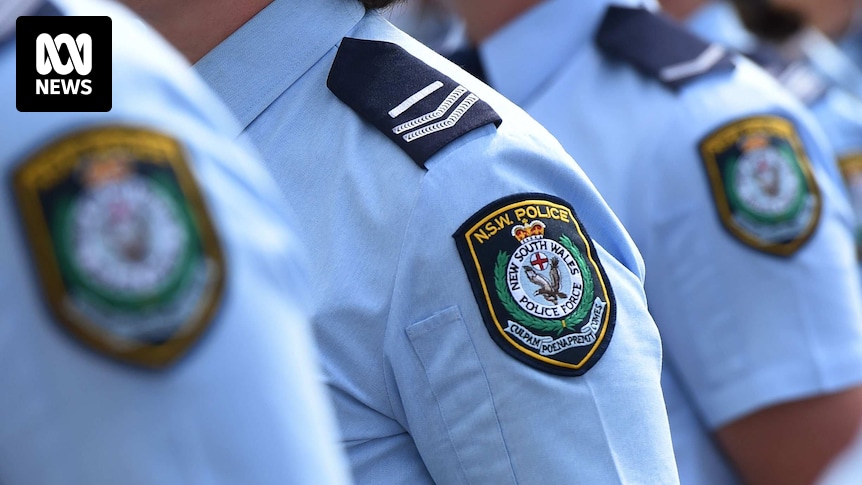Warning: This story contains details that some readers may find distressing.
A senior NSW Police officer has been found guilty of serious misconduct, with his decisions driven by “unconscious racism” after he ignored an Aboriginal man self-harming while in custody, a report by the independent watchdog has found.
The Law Enforcement Conduct Commission (LECC) said that an Aboriginal man, referred to as CAE, had sustained a head injury while in custody at a regional police station with a significant Indigenous population, prompting a critical incident investigation.
If you or anyone you know needs help:Suicide Call Back Service on 1300 659 467Lifeline on 13 11 14Aboriginal & Torres Strait Islander crisis support line 13YARN on 13 92 76Kids Helpline on 1800 551 800Beyond Blue on 1300 224 636Headspace on 1800 650 890ReachOut at au.reachout.comMensLine Australia on 1300 789 978QLife 1800 184 527
Four officers were on duty at the time of the incident, including the officer responsible for CAE, who had been working in the town for four years.
Referred to as EAC1 in the report — the officer was described as the “most senior officer on duty” with 16 years’ experience in the police force, serving 10 as a senior constable.
CAE was a local and a father, who had prior dealings with police over “criminal allegations”.
Officers were also aware of his serious mental health conditions, as well as his history of self-harm and “thoughts of suicide”.
On the night of the incident, over a period of three hours, the LECC ascertained through police documents, CCTV footage and two private examinations, that CAE banged his head against a metal bench, a door and a wall by around 11:30pm.
It could be heard in other parts of the station, with EAC1 making “little attempt to stop it”.
“Other officers considered that an ambulance was needed, and this was raised with Officer EAC1. He did not request an ambulance,” the report stated.
CAE had by 1am developed a visible large lump on his temple. Officer EAC1 had however, decided it was still appropriate to transport CAE to a city police station, one-and-a-half hours away, in the back of a caged vehicle.
Officer assumed man was ‘bunging on’ his self-harm
The decision to avoid calling an ambulance, the LECC said, was due to EAC1’s perceptions about the behaviour of the local Indigenous community.
“Officer EAC1’s decision not to call an ambulance was influenced by the fact that he thought CAE was ‘bunging on’ his self-harm in an attempt to be taken to hospital and not into correctional custody,” the report detailed.
In a statement, LECC Commissioner Anina Johnson said the views and actions of EAC1 weren’t the standards set by the police force “in its Aboriginal Strategic Direction, where the Force has committed to calling out racism, discrimination and bias.”
Three of the four officer working that night gave evidence. In his, EAC1 accepted that when CAE was banging his head at 11:30pm, there was a need to call an ambulance.
“Officer EAC1 expressed remorse when giving his evidence and said that he had learnt a lot by reflecting on his conduct,” the report states.
It went on to add that the officer “accepted that CAE wasn’t ‘gently’ banging his head as per his entry on the Custody Management Record (CMR)”.
“Officer EAC1 accepted that when he saw CAE’s head injury when taking custody photographs, he should have called an ambulance.
“Officer EAC1 accepted he was required to call an ambulance from 11:30pm and when he saw CAE’s physical condition when taking custody photographs at 1:30am”.
In its report, the state police watchdog made only one formal recommendation, suggesting that the limit for proceedings regarding breaches of Section 201 of the Police Act — which stipulates that it is an offence for officers to neglect or refuse to obey any lawful order or carry out any lawful duty — be extended to 12 months.
Currently, the time limit for proceedings to begin is within six months
The commission also encouraged NSW Police to “continue to explore options to provide face to face training on cultural awareness and mental health experiences”.
The ABC has sought comment from NSW Police and police minister Yasmin Catley.
The report has been tabled in parliament.
